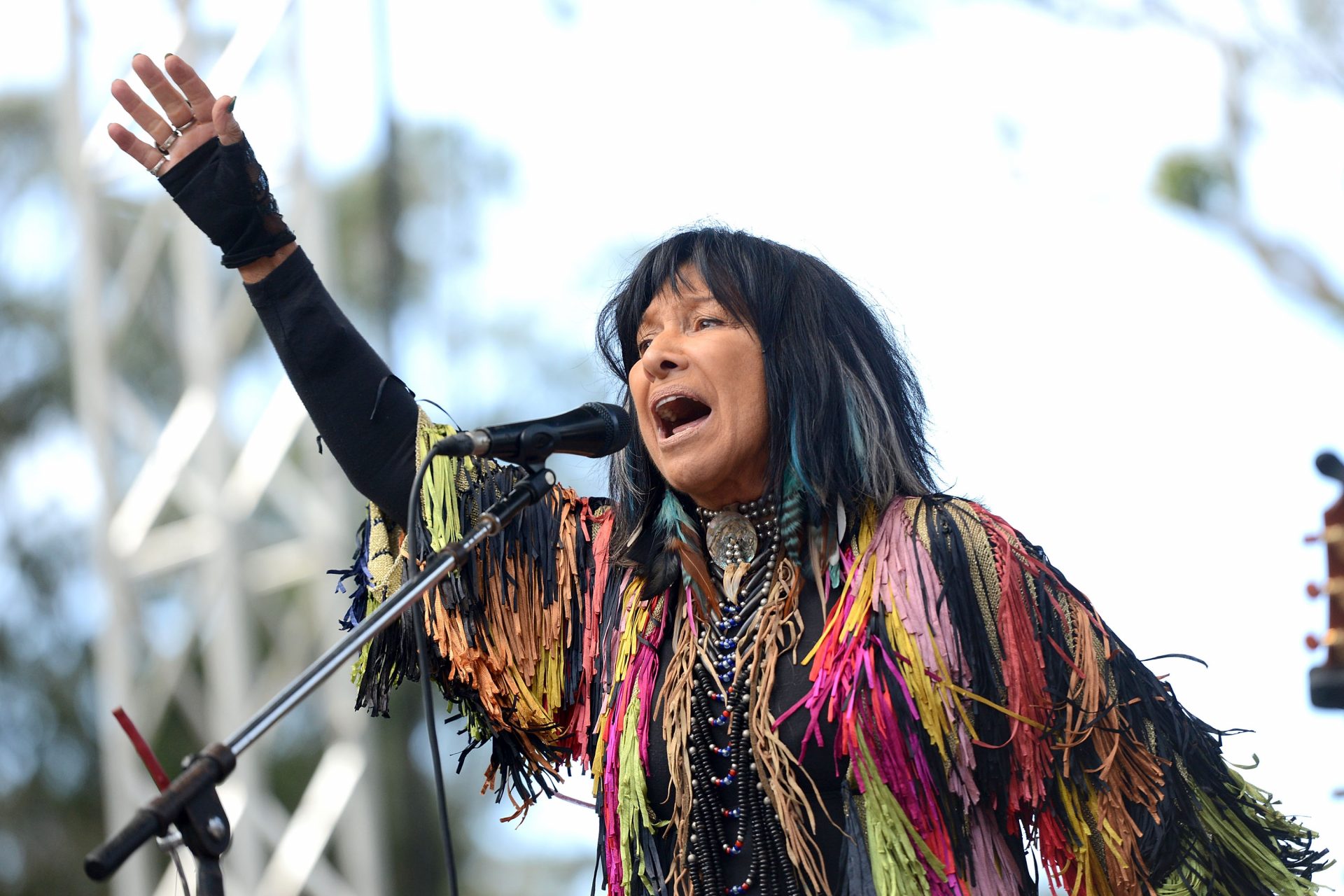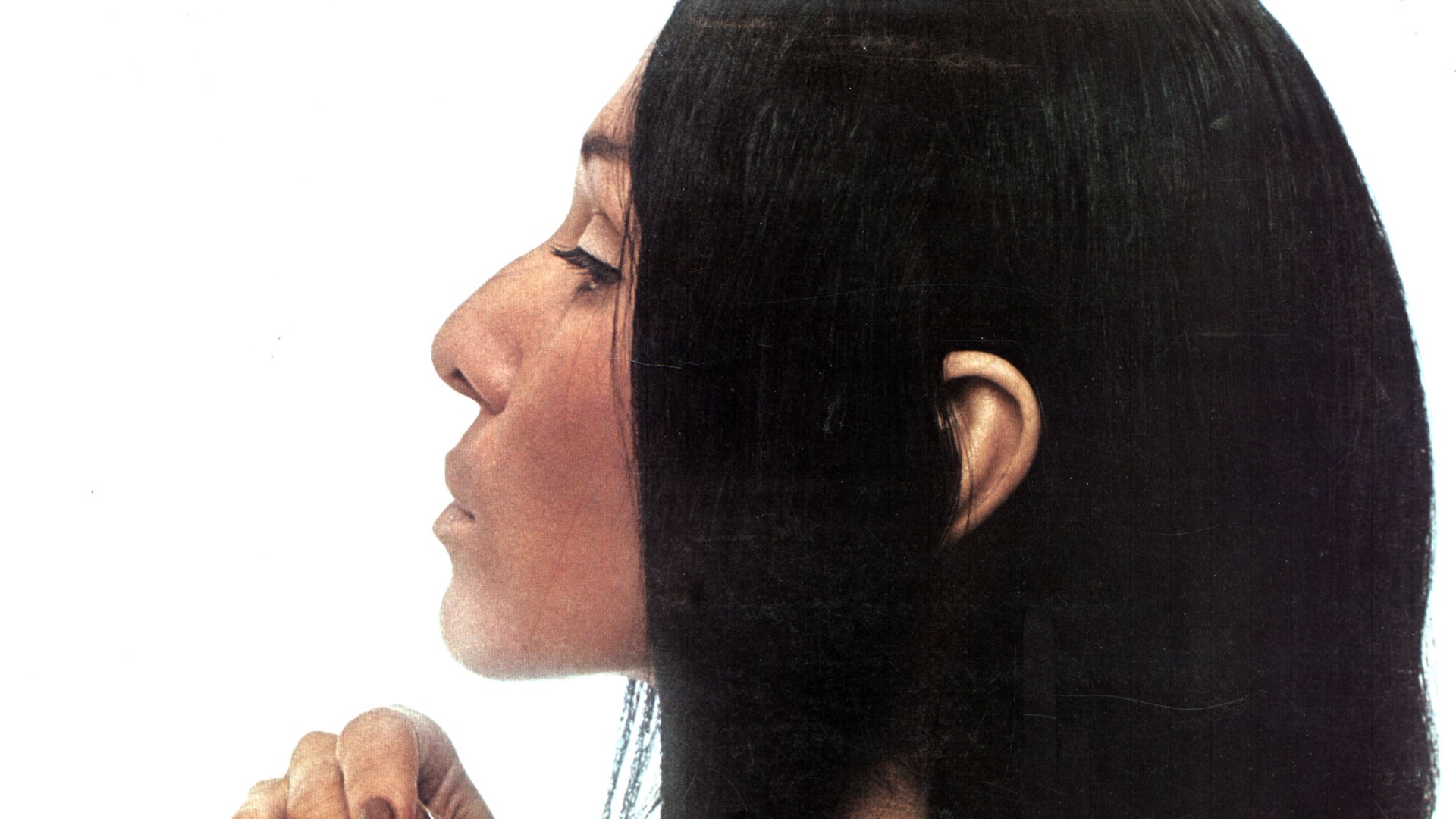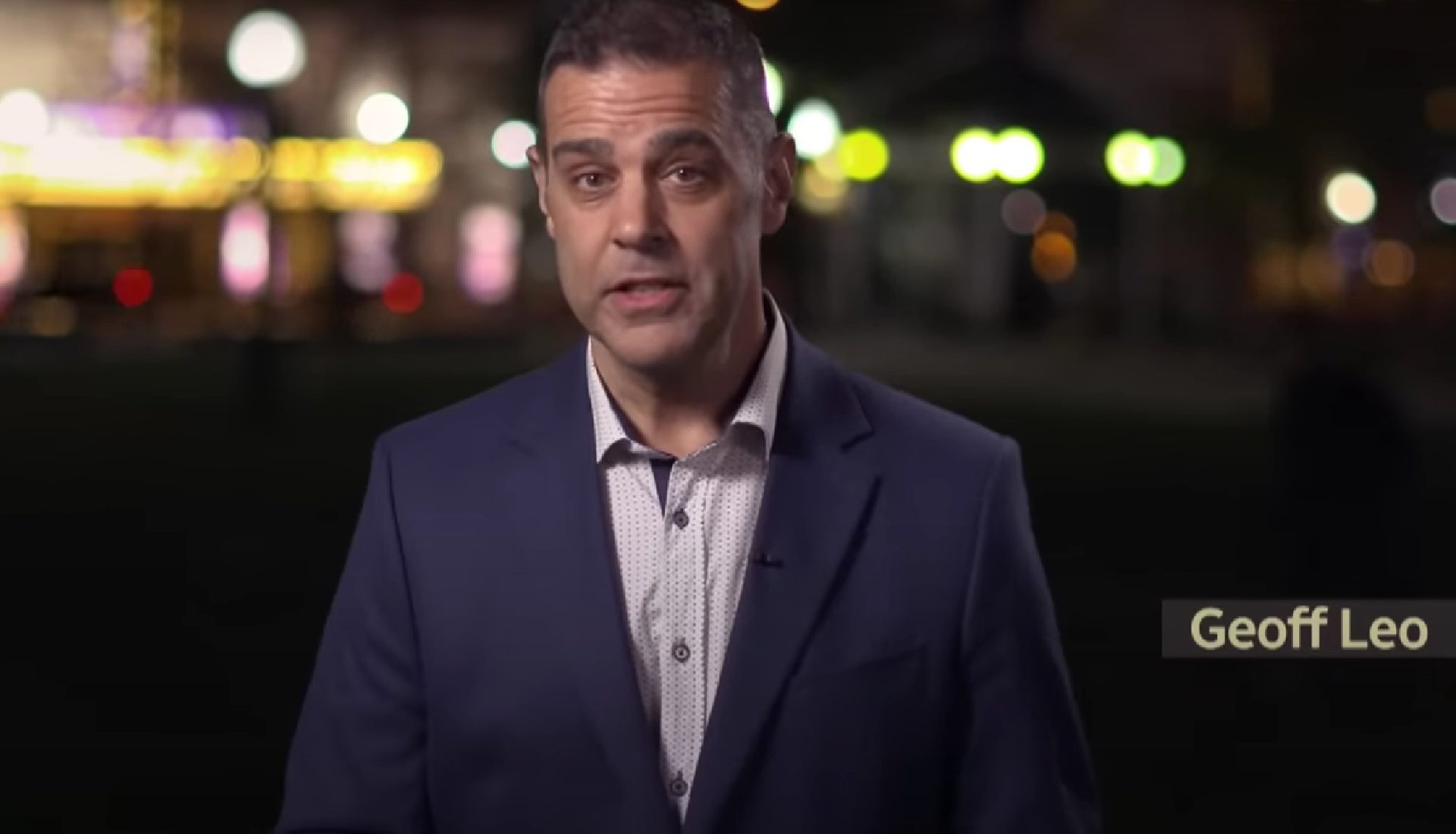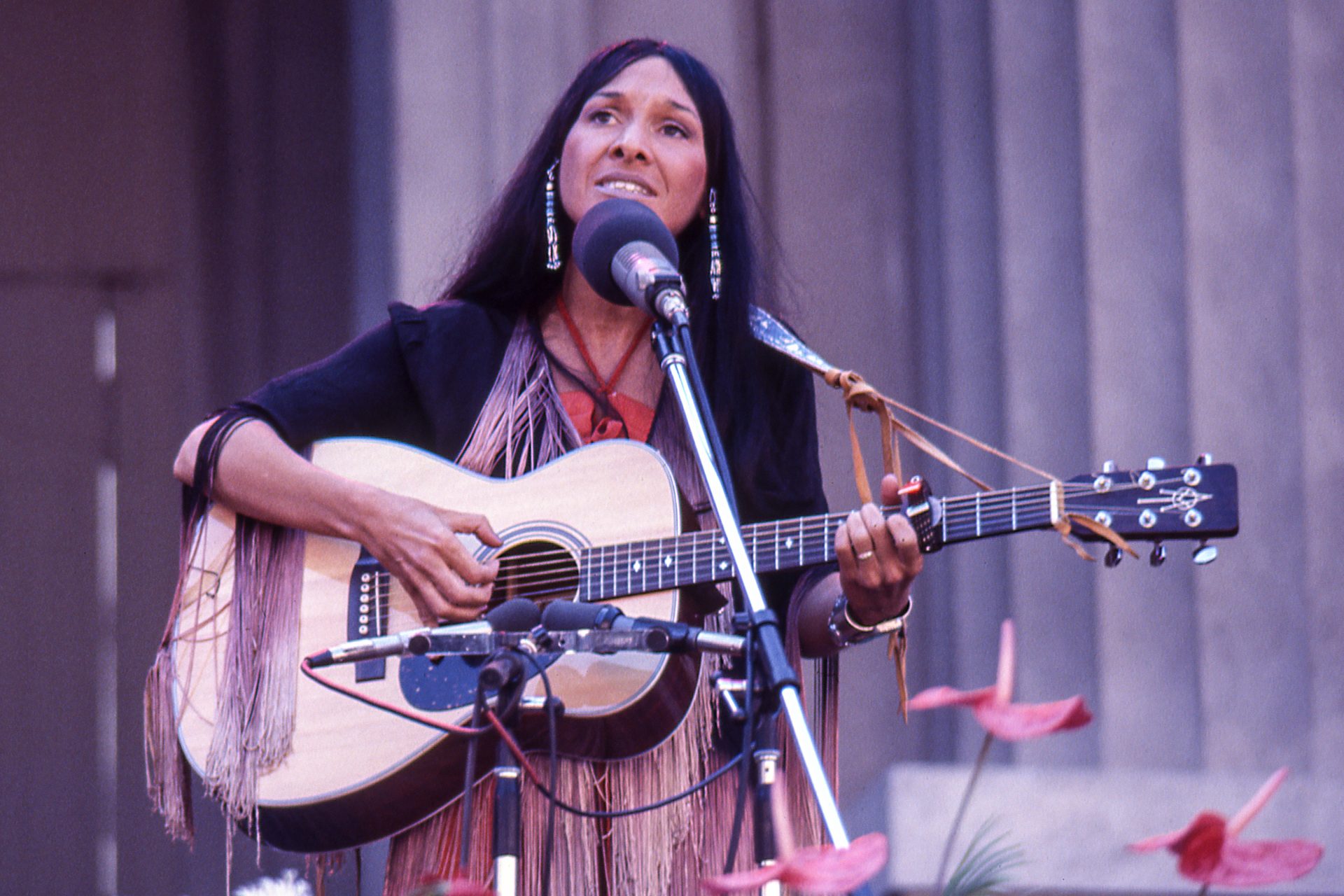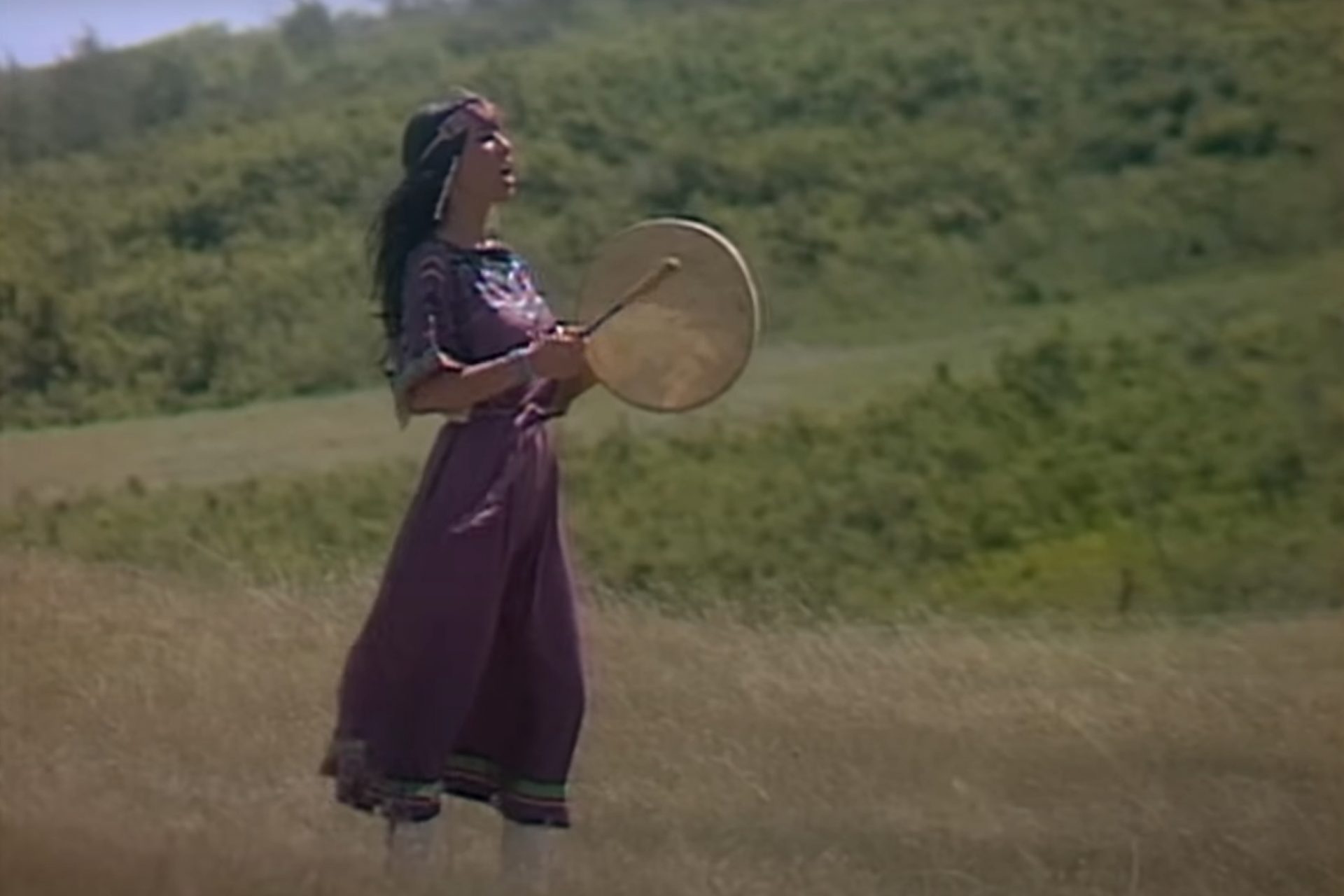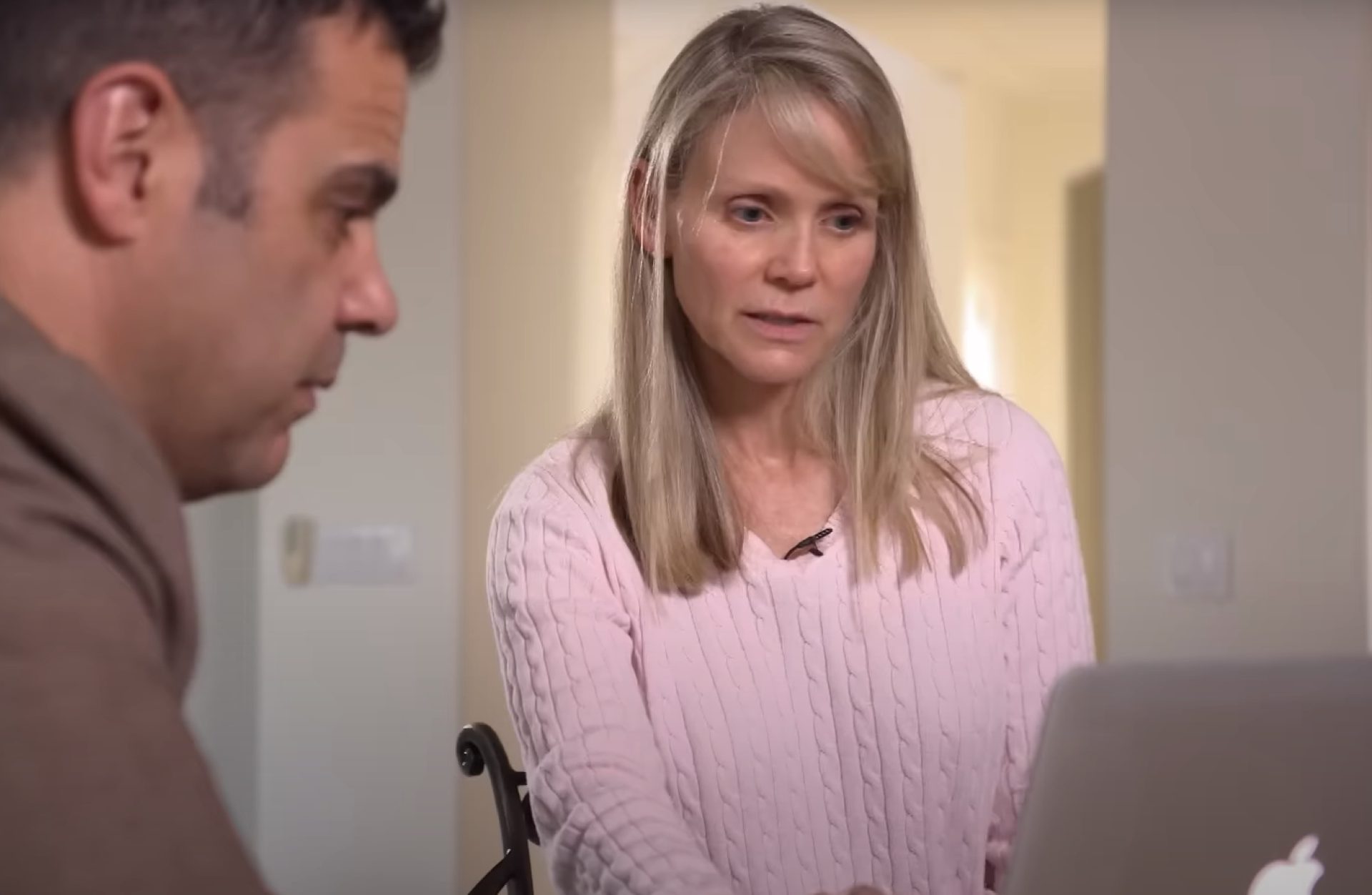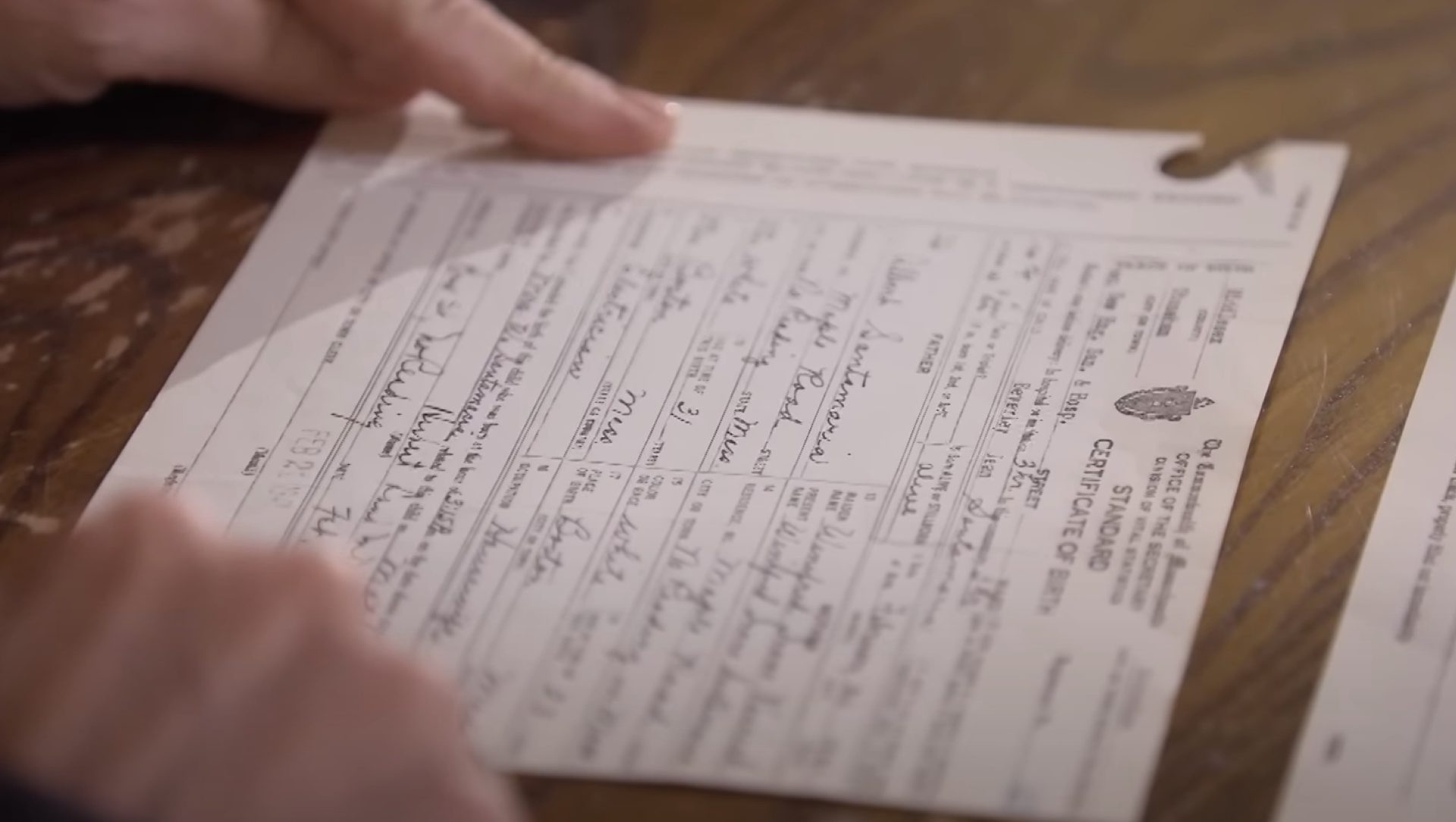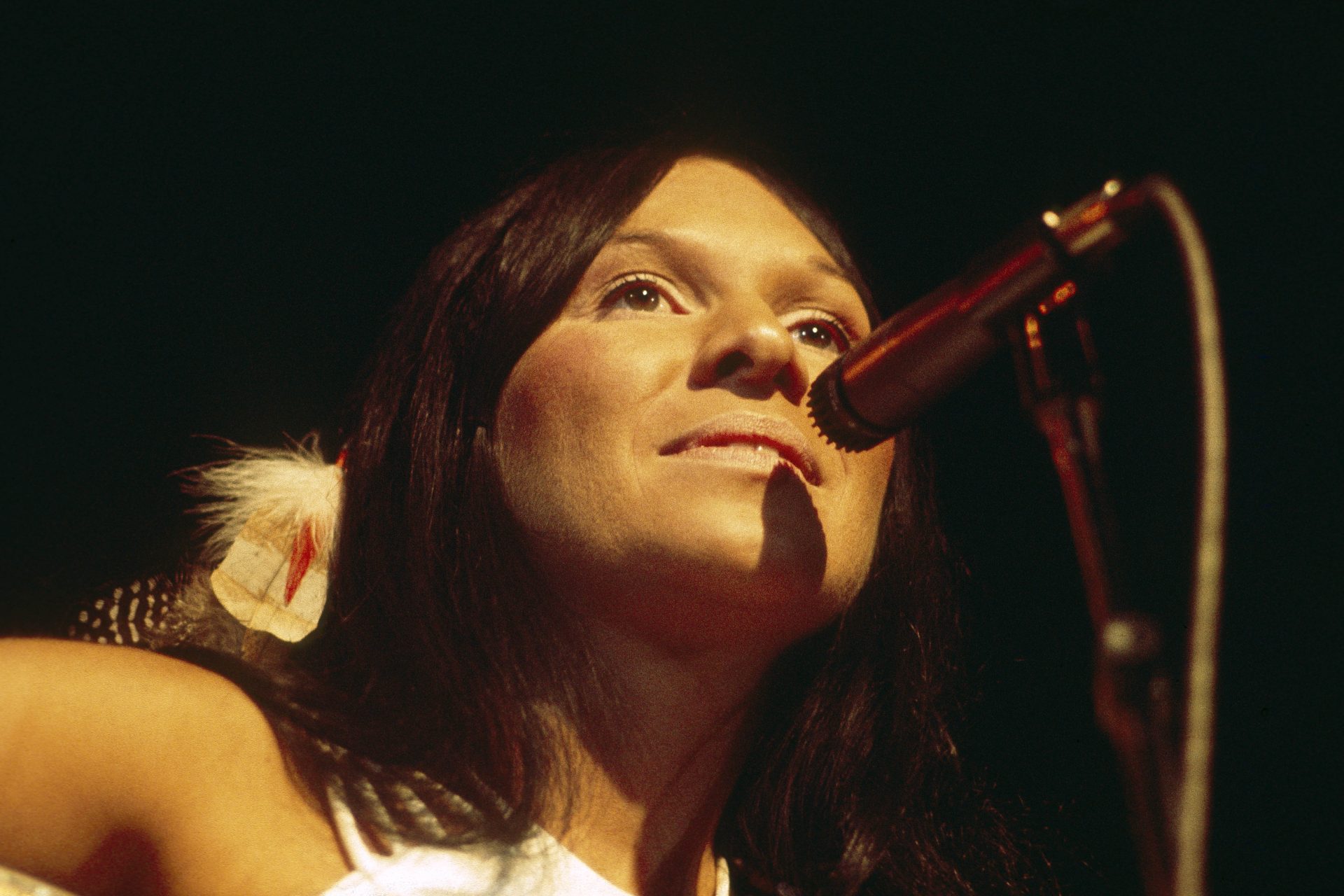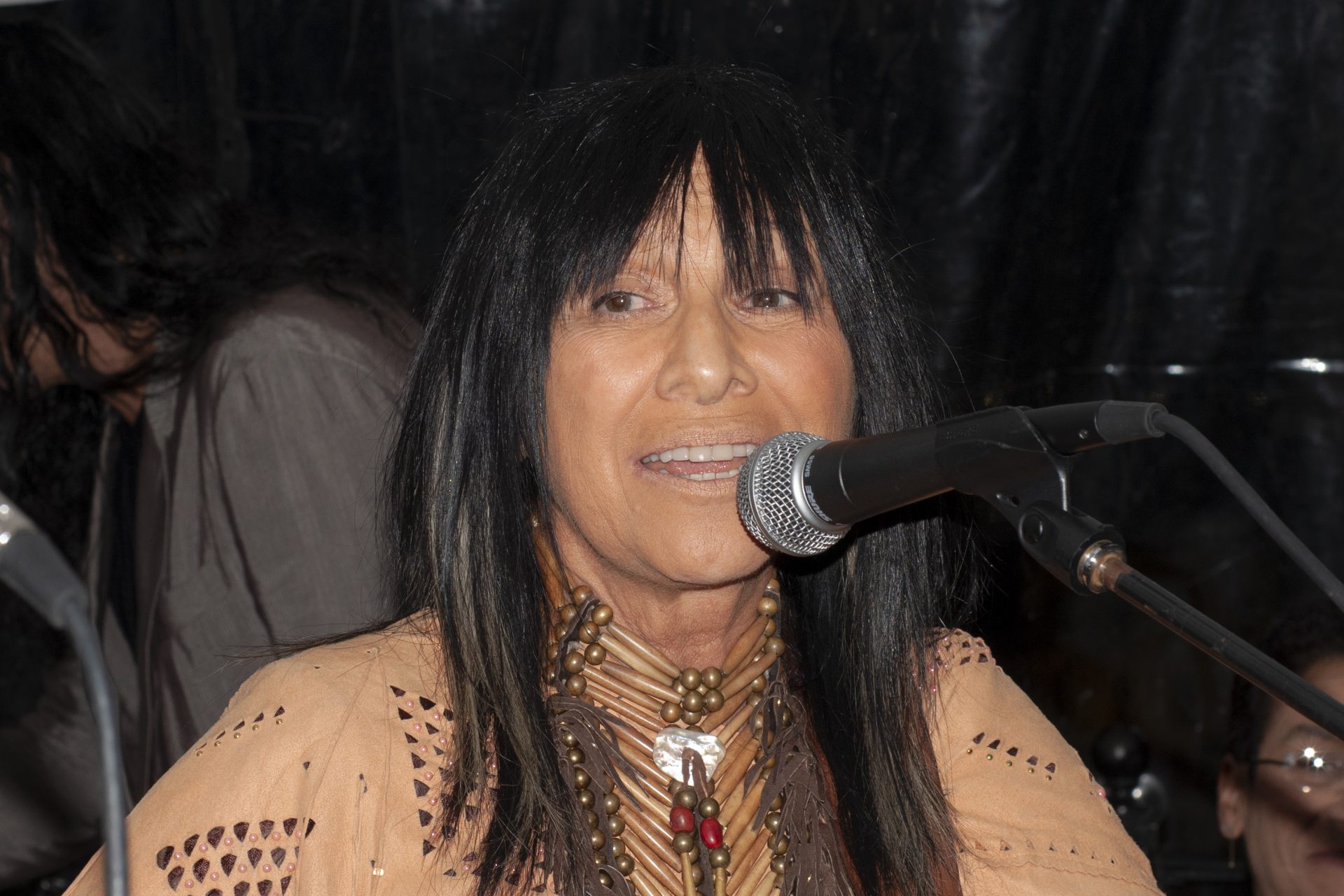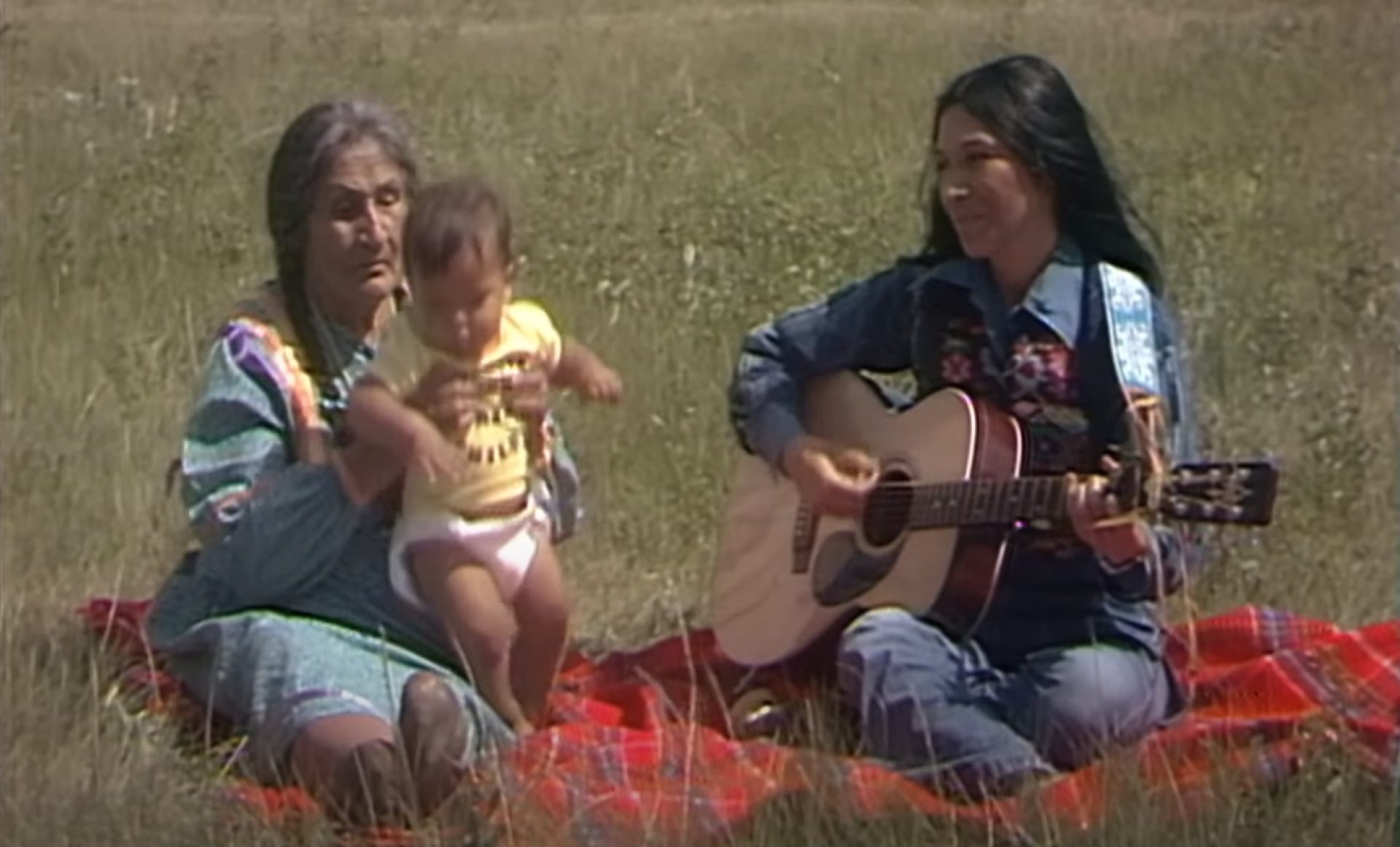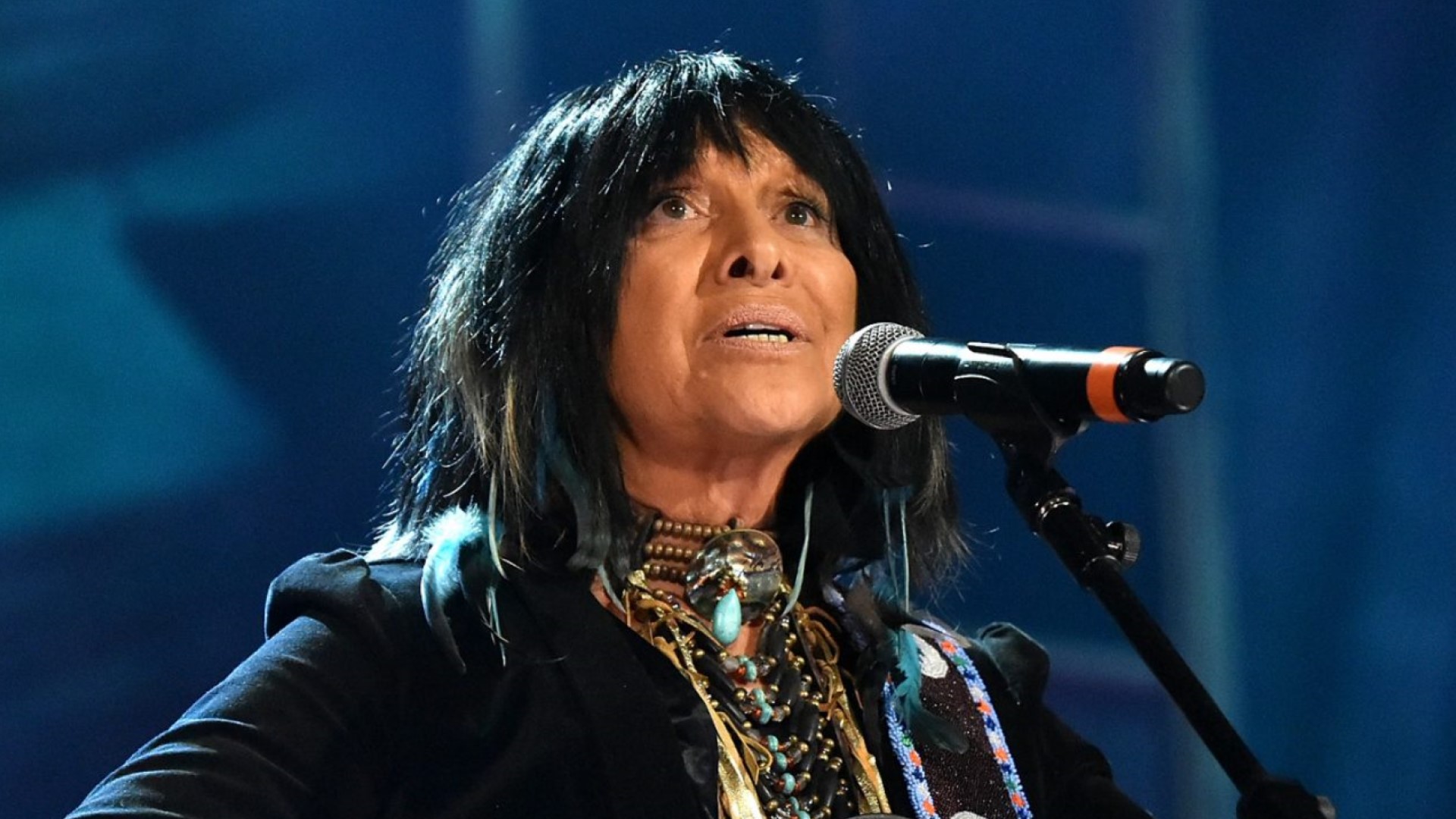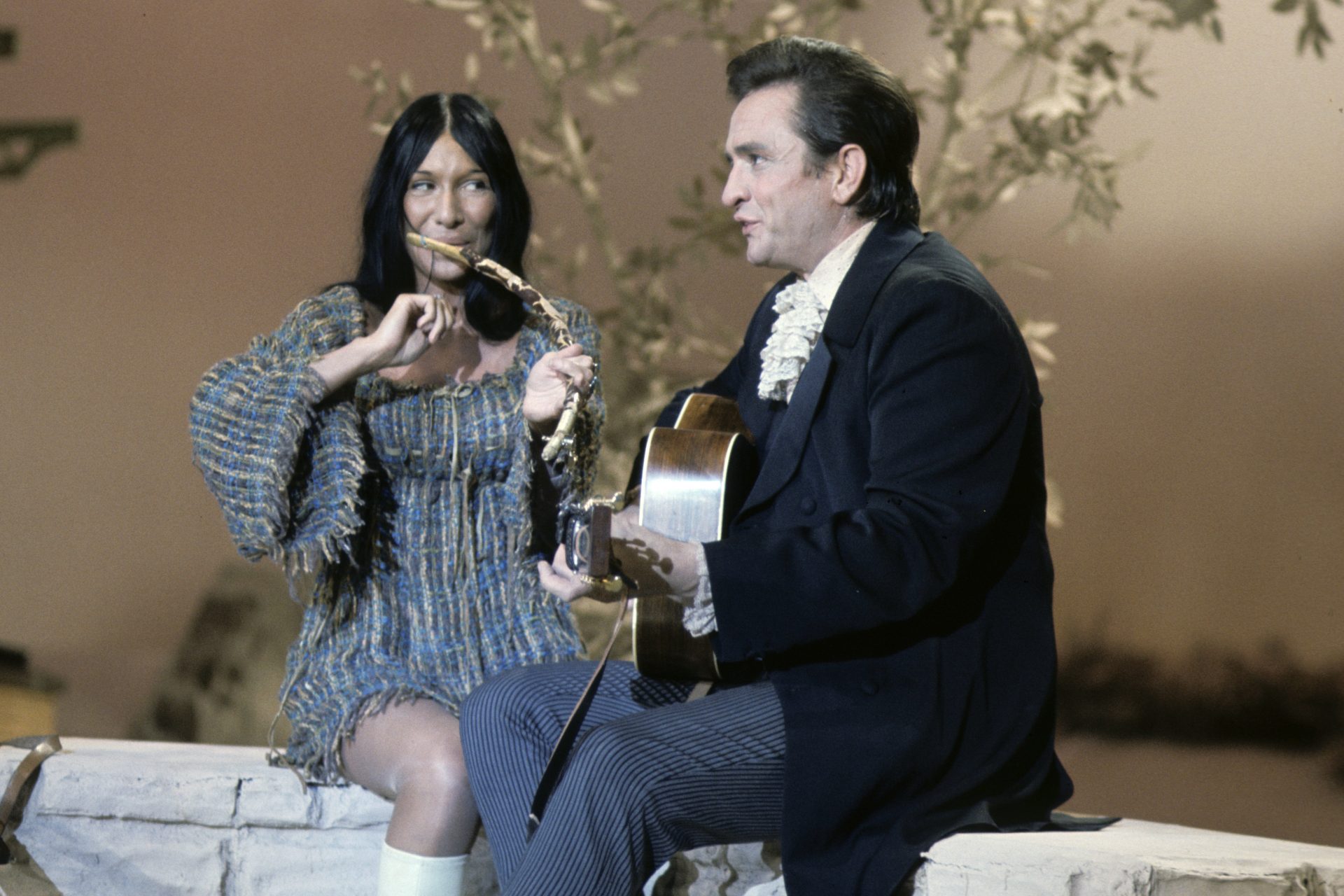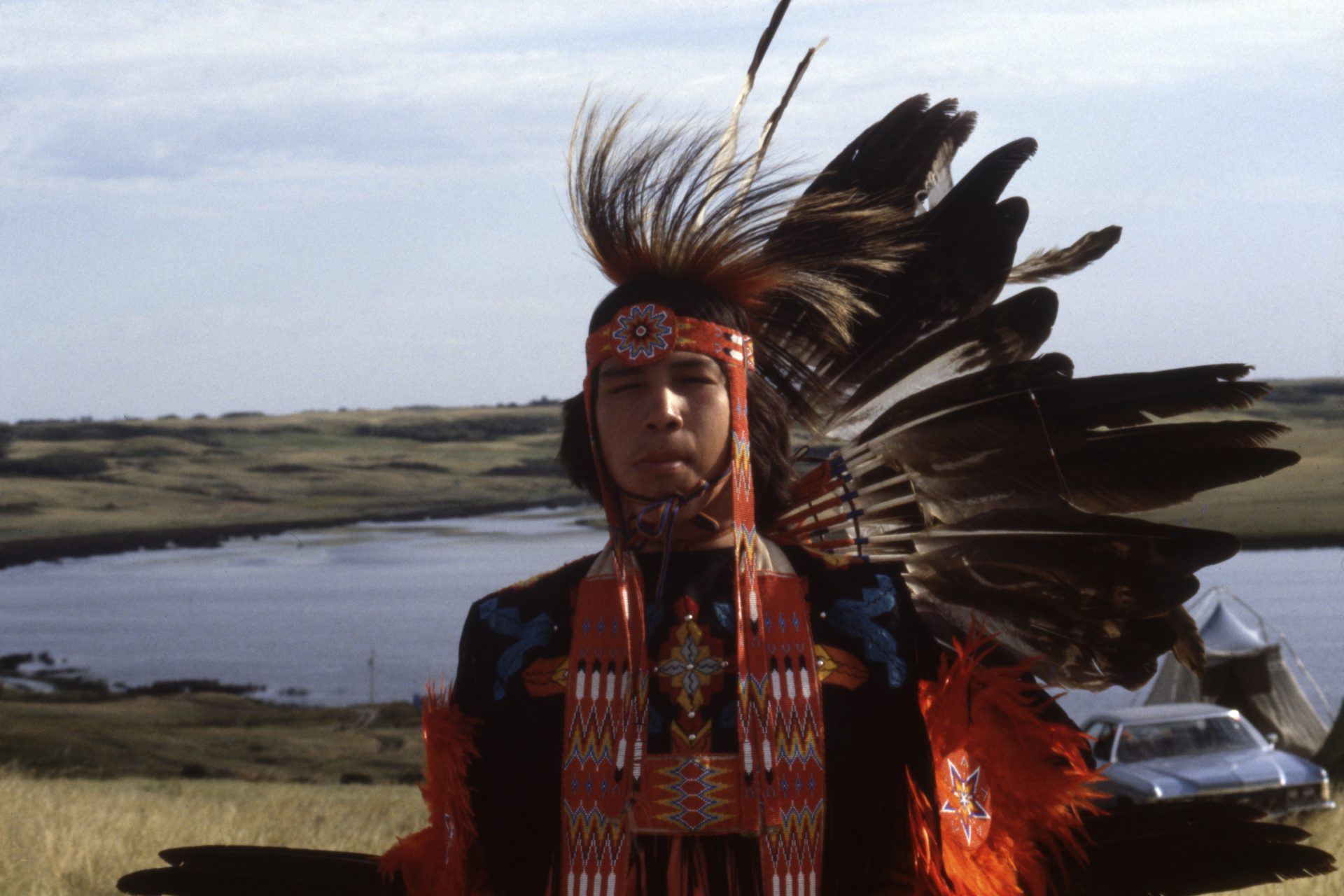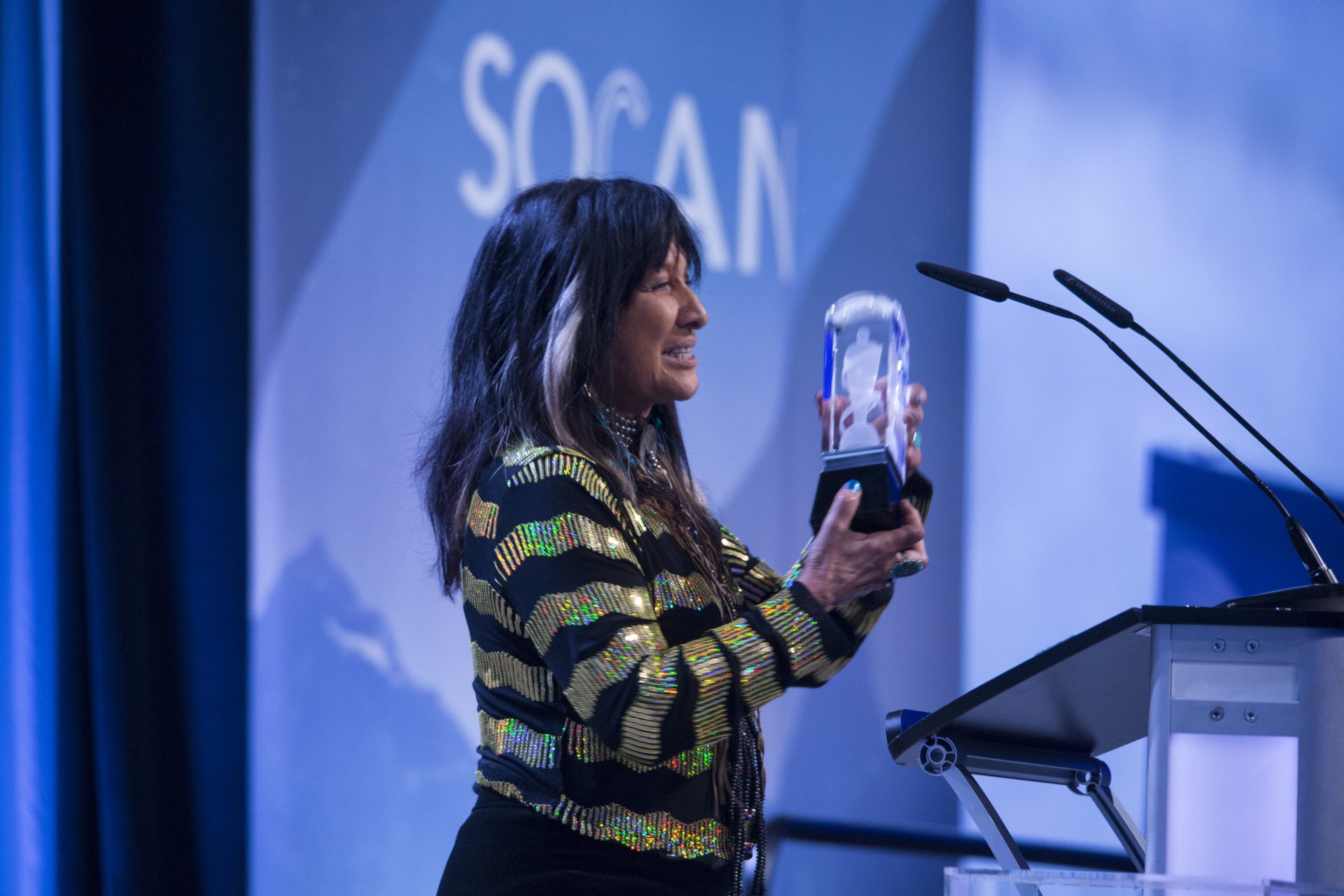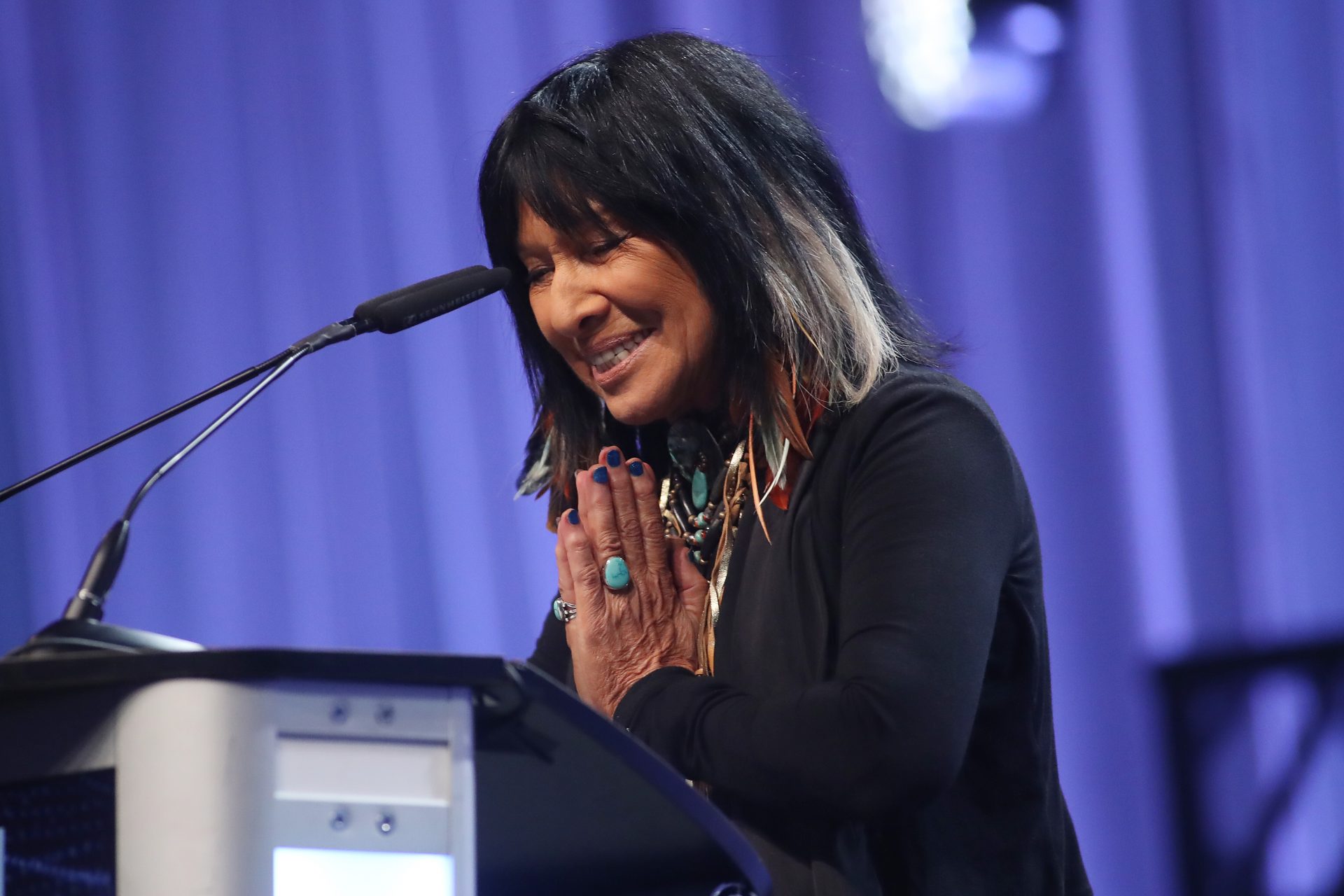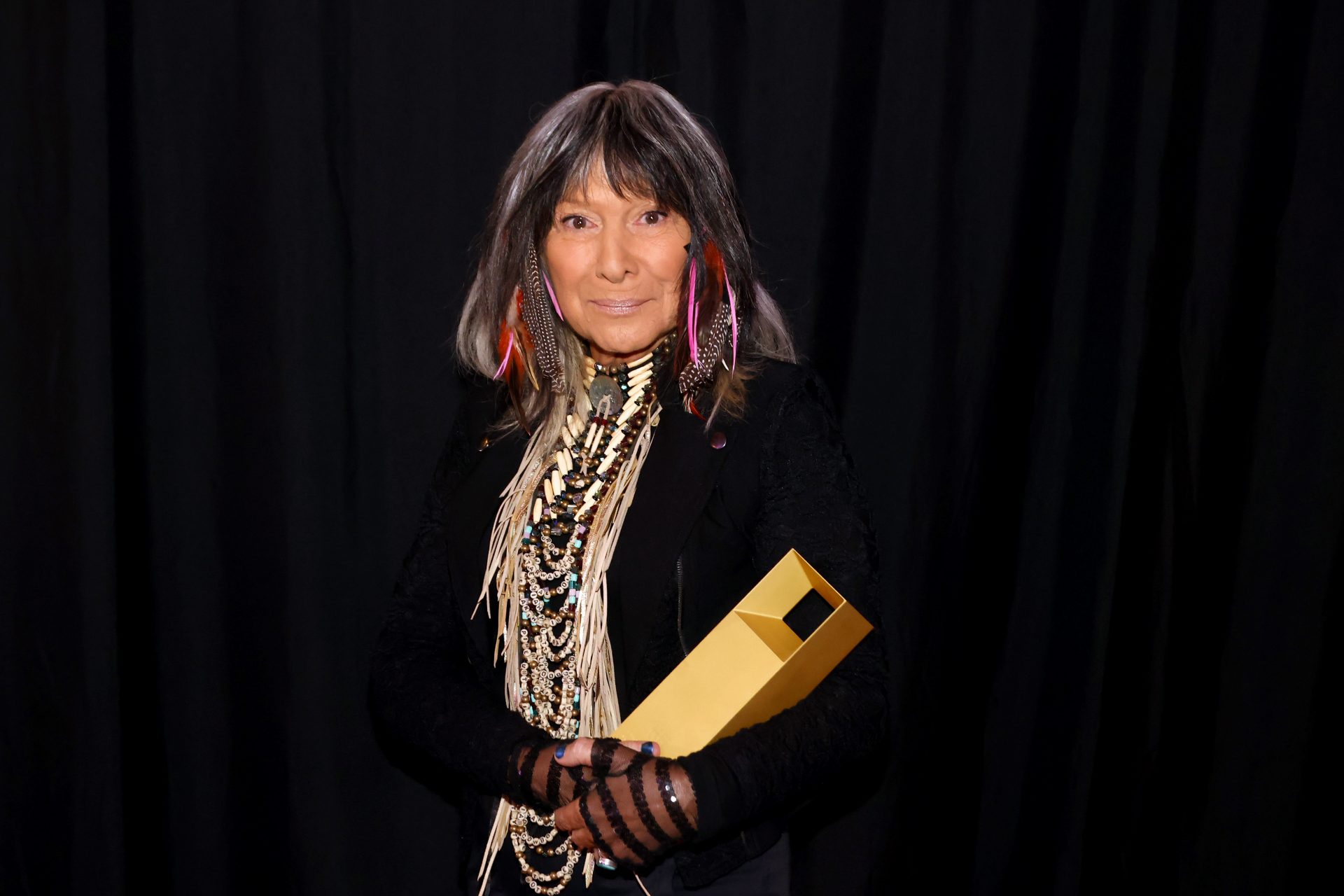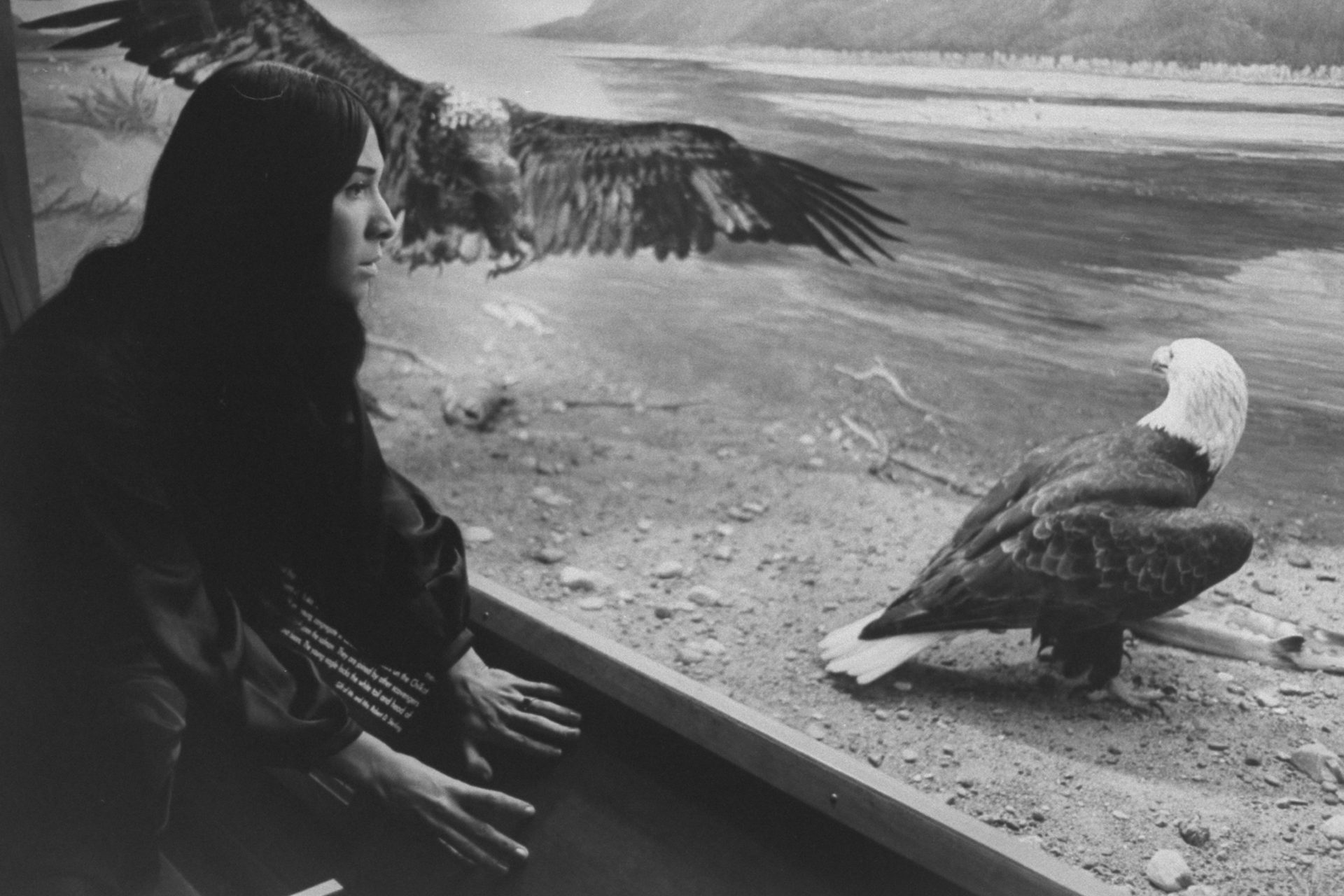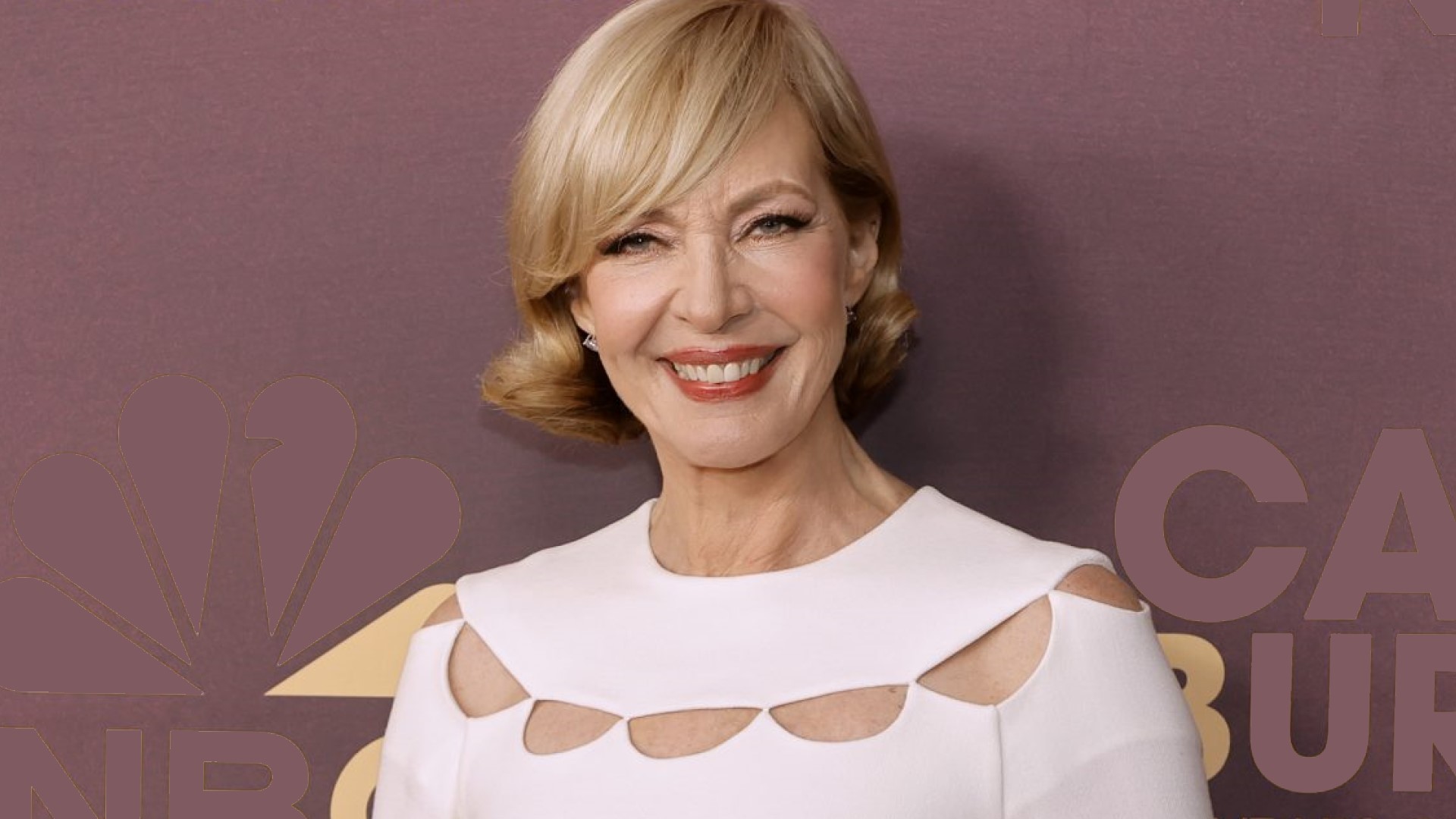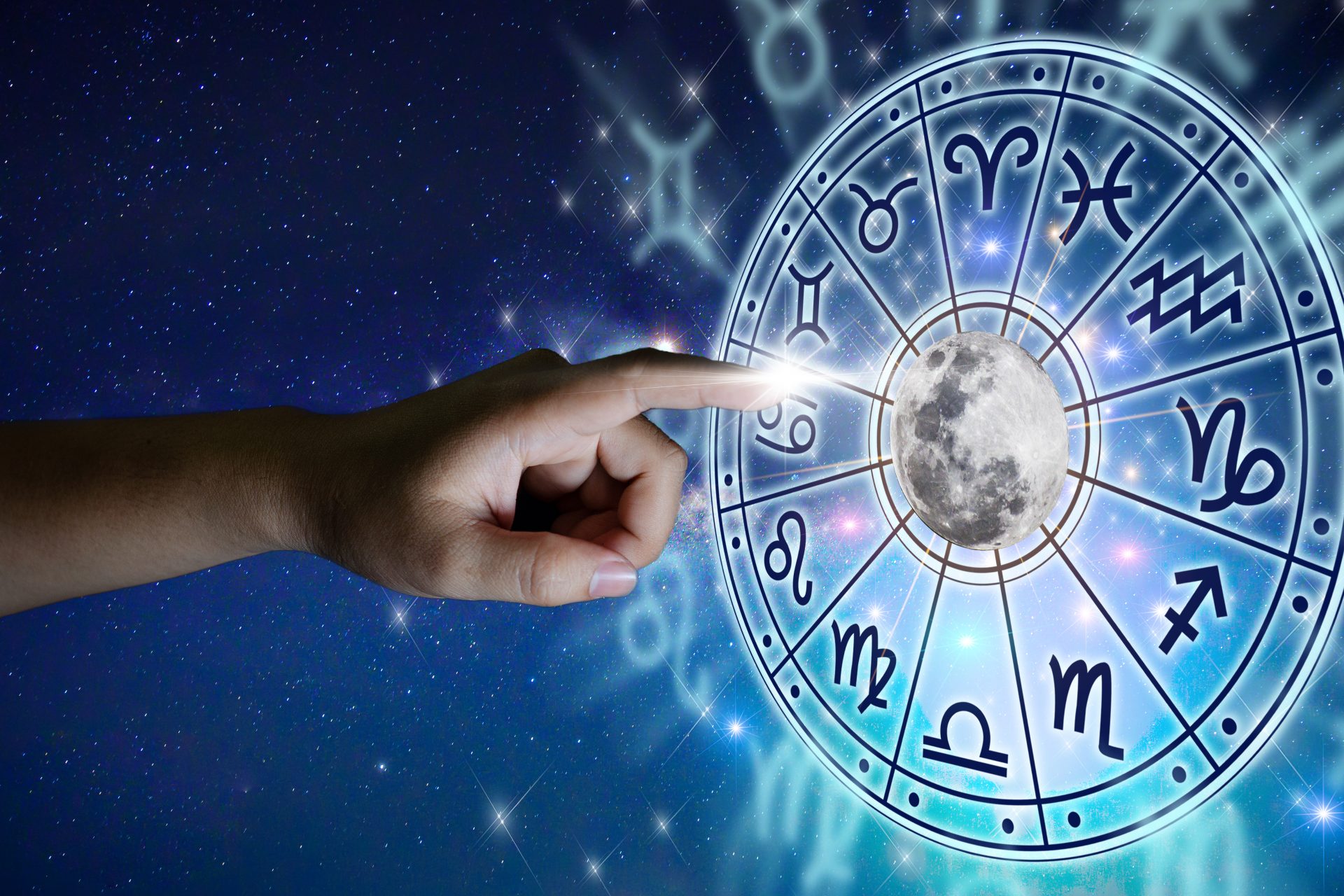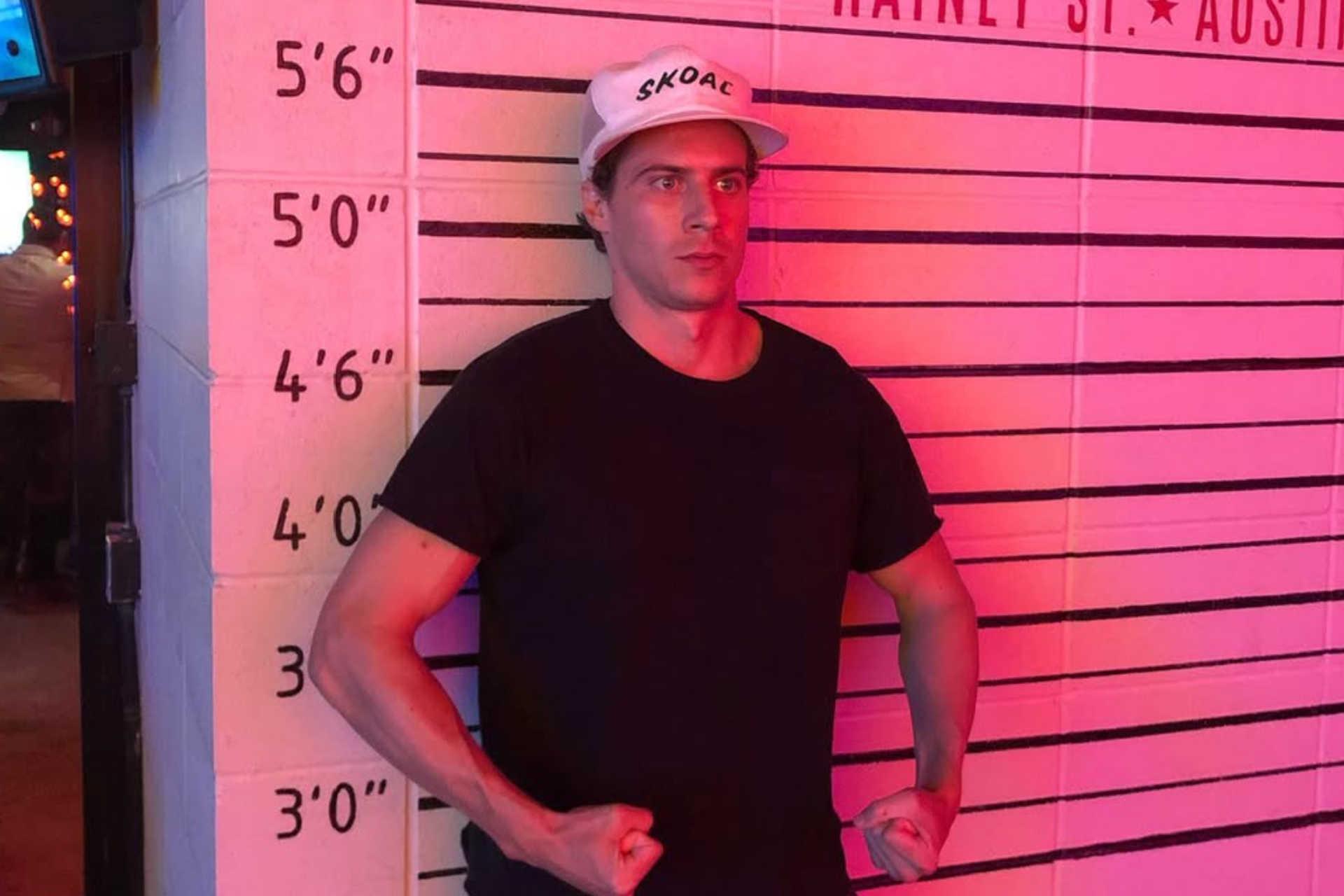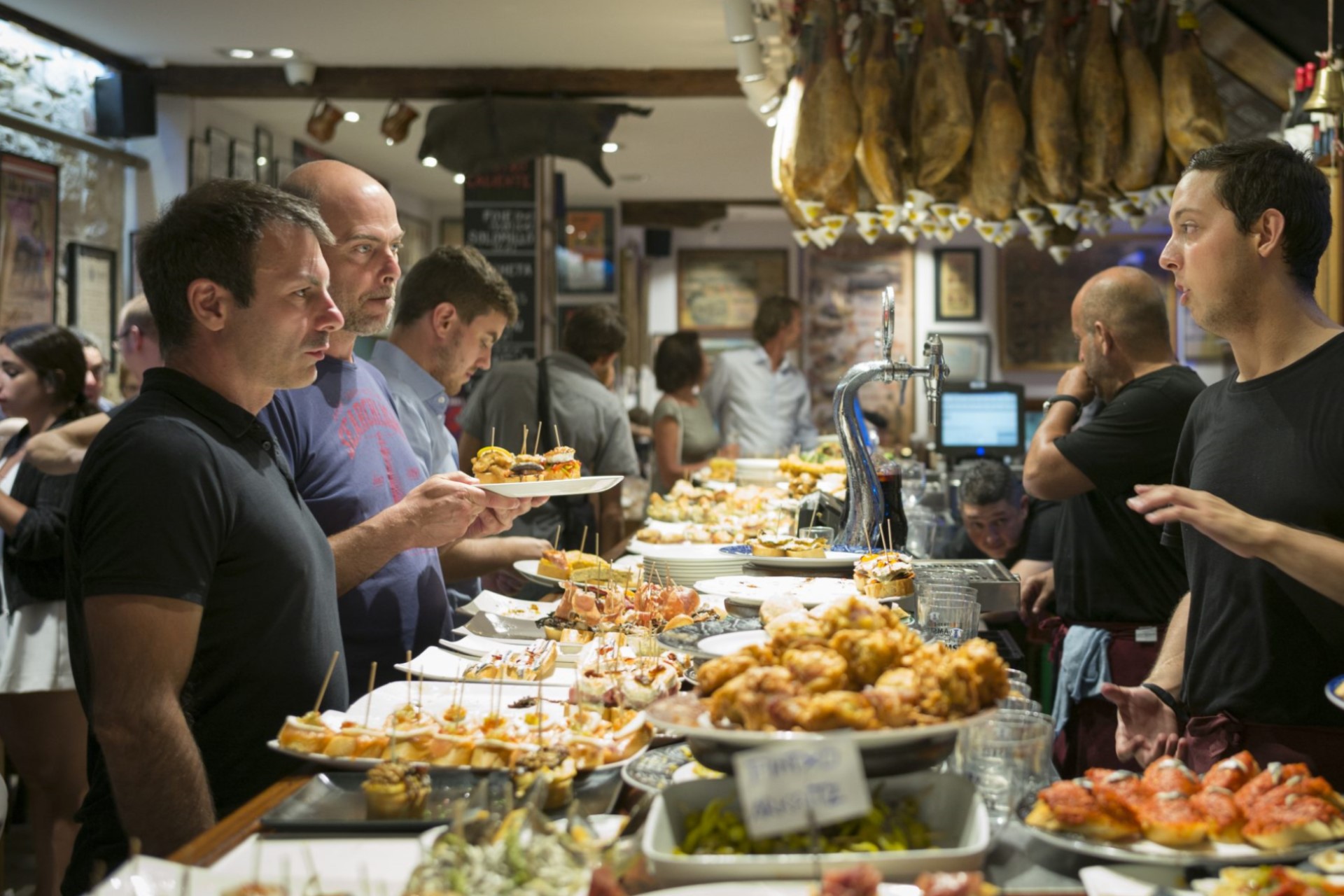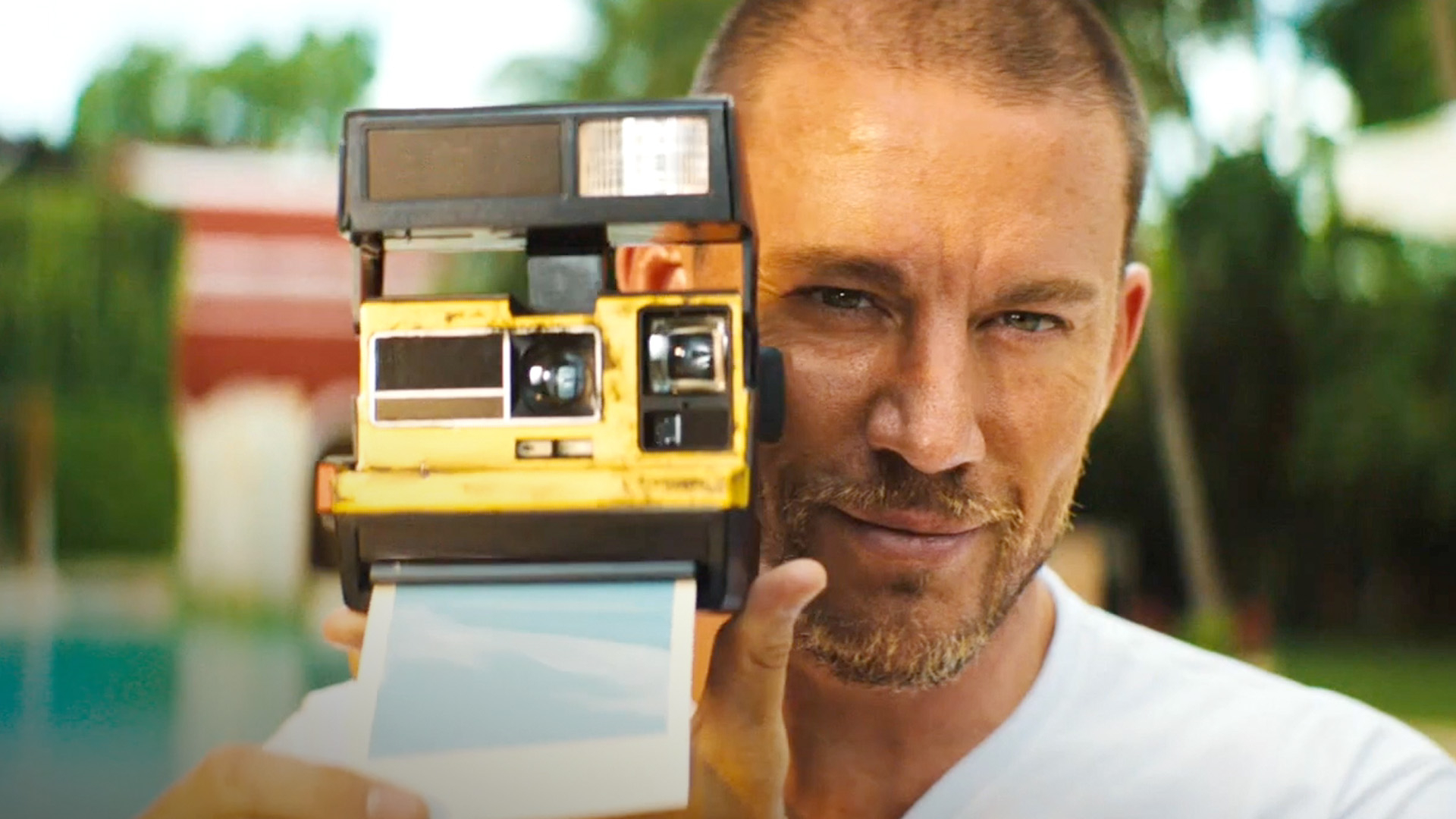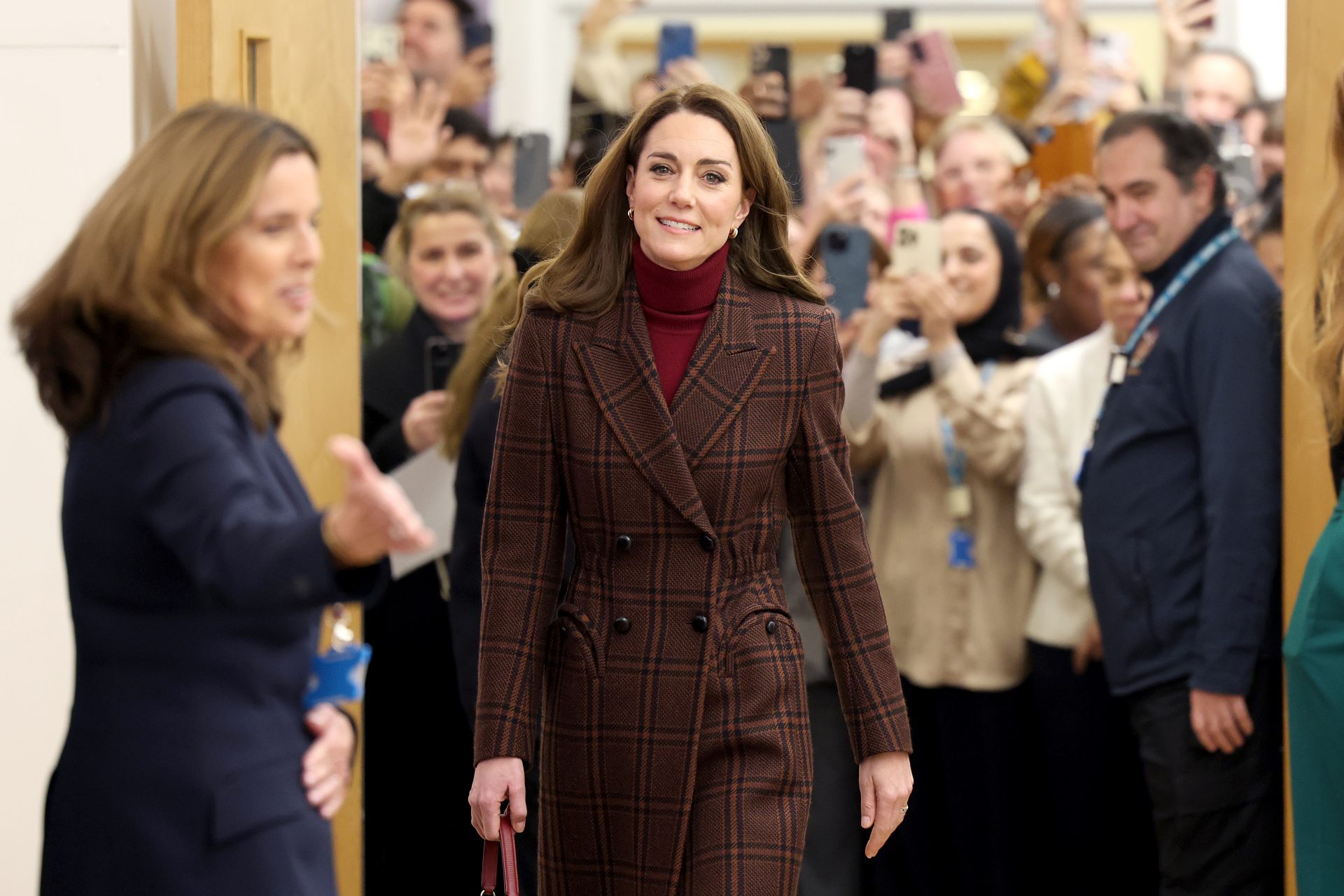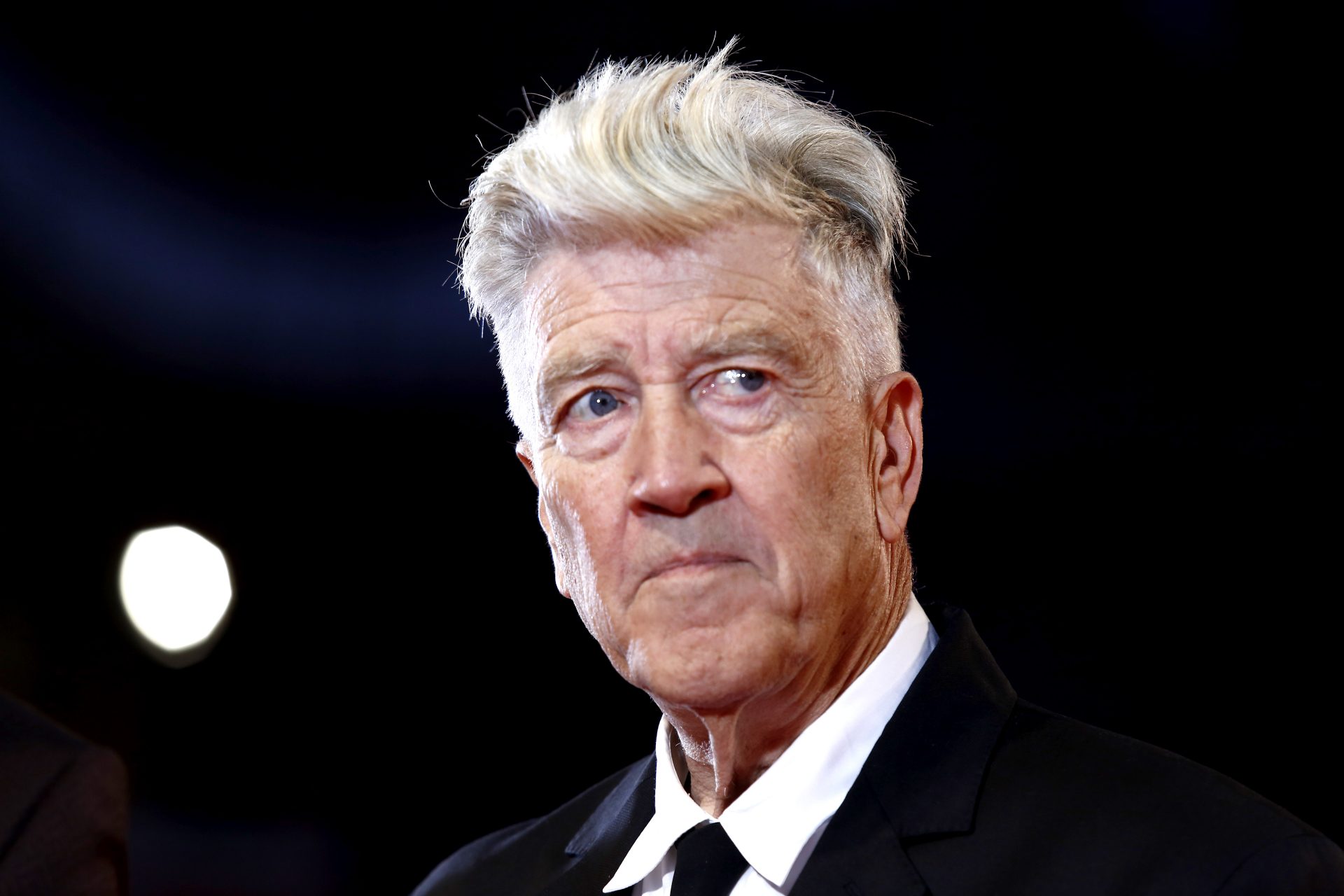Buffy Sainte-Marie should take a DNA test, says indigenous community that adopted her
Folk singer Buffy Sainte-Marie should take a DNA test to clarify her heritage, the acting cheif of the Piapot First Nation told Canadian broadcaster CBC on Nov. 29. The Piapot First Nation in Saskatchewan had adopted the singer into the community, believing she was a relative who was adopted to white parents. However, since accusations merged that she lied about her heritage, the First Nation in Saskatchewan, Canada wants to know the truth.
Few "indigenous North Americans" have reached the level of stardom as folk singer Buffy Sainte-Marie, and she has long been considered an inspiration to native communities. But a Canadian Broadcasting Corporation (CBC) report cast serious doubts about whether she fabricated a story of being born to an indigenous mother. When asked by the CBC if she was willing to take a DNA test, she said: "I don't need to answer to you."
Given Buffy Sainte-Marie’s status, the report was a bombshell that has not only set off the singer but indigenous communities across Canada and the United States. Let’s dive into the life of Buffy Sainte-Marie, what the report said, and the varied reactions.
Image: The reporter behind the story, CBC, The Fifth Estate
To get an idea about the folk singer’s relevance, she has been hailed as the first and only indigenous person to ever have won an Oscar. She got it in 1982, after two decades of singing, for writing the song ‘Up Where We Belong,’ from ‘An Officer and a Gentleman.’ She has since removed that fact from her website, according to CBC.
Throughout her career, she leveraged her powerful voice and songs to speak up for the plight of indigenous people in North America. She protested and, on various media appearances, insisted that the poverty and other issues that plagues so many isn’t because of any natural problems but because of generations of mistreatment by colonial forces.
In a 1971 songbook, Sainte-Marie wrote that she was born on a Cree reserve in Canada. Then, she says, she was adopted by a white family and raised in Massachusetts. In her 20s, she was then ceremoniously adopted into a Cree family on the Piapot First Nation, who she, at some points, said may be her relatives.
Image: CBC, The Fifth Estate
Buffy’s niece Heidi Sainte Maire (shown) told CBC that she wasn’t adopted. Although her Italian US family was proud of her, CBC also highlights her uncle telling the local paper in 1964 that she had no Cree heritage. Her brother also wrote to several newspapers, telling them she was NOT indigenous. He was threatened by a lawyer for defamation. She says the brother s e x ually abused her.
Image: CBC, The Fifth Estate
Sainte-Marie’s two official biographies claim that she did not have records about her birth because they were destroyed. However, the government of Saskatchewan said records weren’t destroyed. Further, CBC found the American birth certificate, saying she was born to her ‘adopted family’ in Massachusetts as Beverly Jean Santamaria.
Image: CBC, The Fifth Estate
The CBC also highlighted inconsistencies in her story. In her teenage years, there was no public mention of her being indigenous. But within a year of her early fame, the media reported her as an ‘Algonquin Indian’ Miꞌkmaq and then Cree. One expert told CBC those types of inconsistencies were “a red flag.”
CBC also pointed out inconsistencies in her stories about her biological mom, pointing out that over the years she said she was forcibly taken from her mom, given up, and that she knew who she was. Now, she insists that she didn’t know anything about her birth family. “It’s never mattered to any of us,” she said on a podcast, refering to her new Cree family.
The Piapot family, decendents of a major leader of the Plains Cree, adopted Sainte-Marie into their family in the 60s. When asked by the CBC origingally, the tribe originally said their traditional adoption practice made her one of them. However, their position seems to have shifted in the weeks since the bombshell report dropped, as they now call for a DNA test.
Image: CBC, The Fifth Estate
In a written statement, the singer called the allegations “deeply hurtful,” and slammed the CBC for digging up her past trauma. “I don’t know where I’m from or who my birth parents were,” she insists. “My indigenous identity is rooted in a deep connection to a community.”
The allegations questioning the identity of one of the indigenous community’s most beloved icons have caused pain across Canada and beyond. But it has also sparked conflicting reactions...
Ntawnis Piapot, great-granddaughter of the family who adopted Sainte-Marie, told Global News the CBC story ignored the family’s sovereignty and the long process it took for the singer to become kin. “Having someone question the validity of that adoption … it’s hurtful, it’s ignorant, it’s colonial, and quite frankly it’s racist,” she said.
Image: A man in Cree regalia at a pow-wow near Regina, Saskatchewan
An advocacy group for Indigenous women called for her to return her 2018 Juno for Indigenous Album of the Year. The group recognized that she was adopted but said “the false origin story and the appropriation of Indigenous inter-generational trauma is intolerable and an act of colonial violence.”
Lori Campbell of the University of Regina wrote in The Conversation that the CBC story was “insensitively” reported and “sensationalizing.” “There was no warning and no sensitivity to the impact it would have on Indigenous peoples. This is not how reconciliation is done.”
Residential school survivor Kamao Cappo told the CBC that Sainte-Marie has been considered a hero, and that, while the adults can “accept” the CBC report, it’s a blow to the children. “The children and the youth of today who look up to Buffy … they really need this so it’s like a star has fallen. How do we replace that?" he told CBC after the documentary was released.
Metis Lawyer Jean Teillet told CBC that lying about heritage is harmful and deceptive. “They’re taking that opportunity from a real indigenous person and they get a benefit from it. For some of them, it’s a huge benefit, it’s prestige, it’s money, it’s grants and awards and positions and work that they would never get otherwise.”
Cree author Darrel J. McLeod noted that Sainte-Marie is an honorary member of the Piapot family, "but she grew up with a white family and white privilege" and should apologize to Indigenous people for her "betrayal."
Sainte-Marie isn’t the only person to have been accused of being a so-called ‘pretendian’ in recent years. For instance, Sacheen Littlefeather’s (shown) family claims that she fabricated a Native American identity because she thought it was more “prestigious” than Hispanic. Several other academics and writers have also been stripped of their positions or grants for lying about their heritage.

